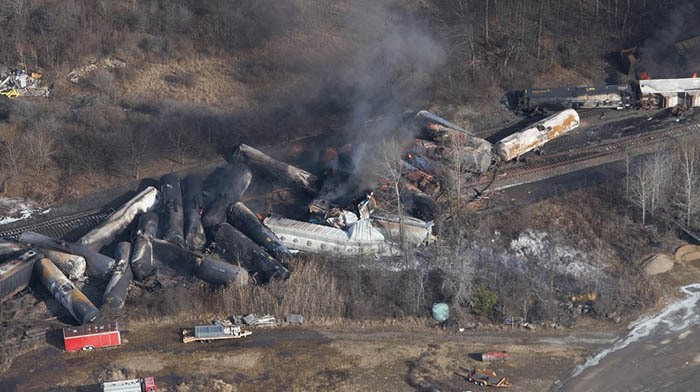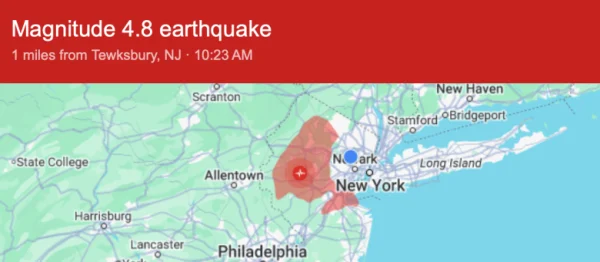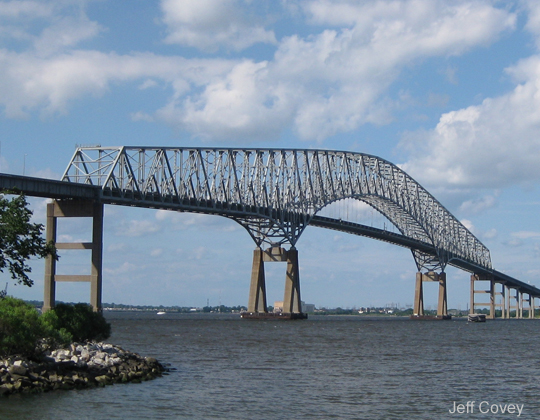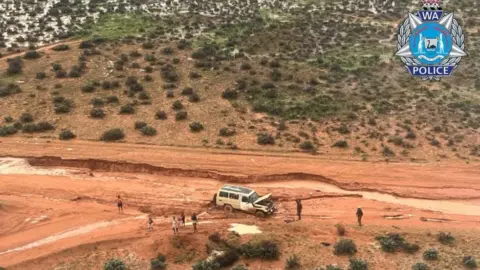East Palestine Train Disaster
In early February a train containing hazardous chemicals derailed creating potential environmental and health problems for the citizens of East Palestine, Ohio, and surrounding areas.
The National Transportation Safety Board said that the cause of the train derailment is likely an overheated bearing on one of the rail cars. This caused 38 train cars to derail and crash.
The train, which was operated by Norfolk Southern, was carrying various chemicals and materials, most concerningly vinyl chloride, a toxic gas that has been known to cause damage to the liver, kidney, lung, spleen, nervous system, blood, and increase the risk of cancer. Other chemicals that were released were acrolein and isobutylene which, at high levels of exposure, have been reported to induce comas, cause lung damage, and even death.
Investigators are currently assessing the environmental damages of this disaster. According to scientists from Texas A&M and Carnegie University nine out of the dozens of chemicals spilled are being monitored at higher levels than what would normally be found in the area. If these levels remain high, it could pose a problem for residents’ long-term health and possible damage to the atmosphere. These chemicals were released into the air, water, and soil, and investigators cannot definitively say whether the water is safe for human consumption.
Despite some chemists claiming that these chemicals will not be around forever and will dissipate over time, new videos from East Palestine residents show slicks in the water. John Senko, a professor of geosciences and biology at the University of Akron, explains that vinyl chloride was released into the water and sinks to the bottom due to its density being higher than water.
These videos are evidence of groundwater contamination but it is still unclear whether or not this means health risks for the residents.
Several organizations such as Your Eerie have begun accepting donations of bottled water to send to residents in the area. People from around the country have begun donating food, water, and personal care items to residents as well.












